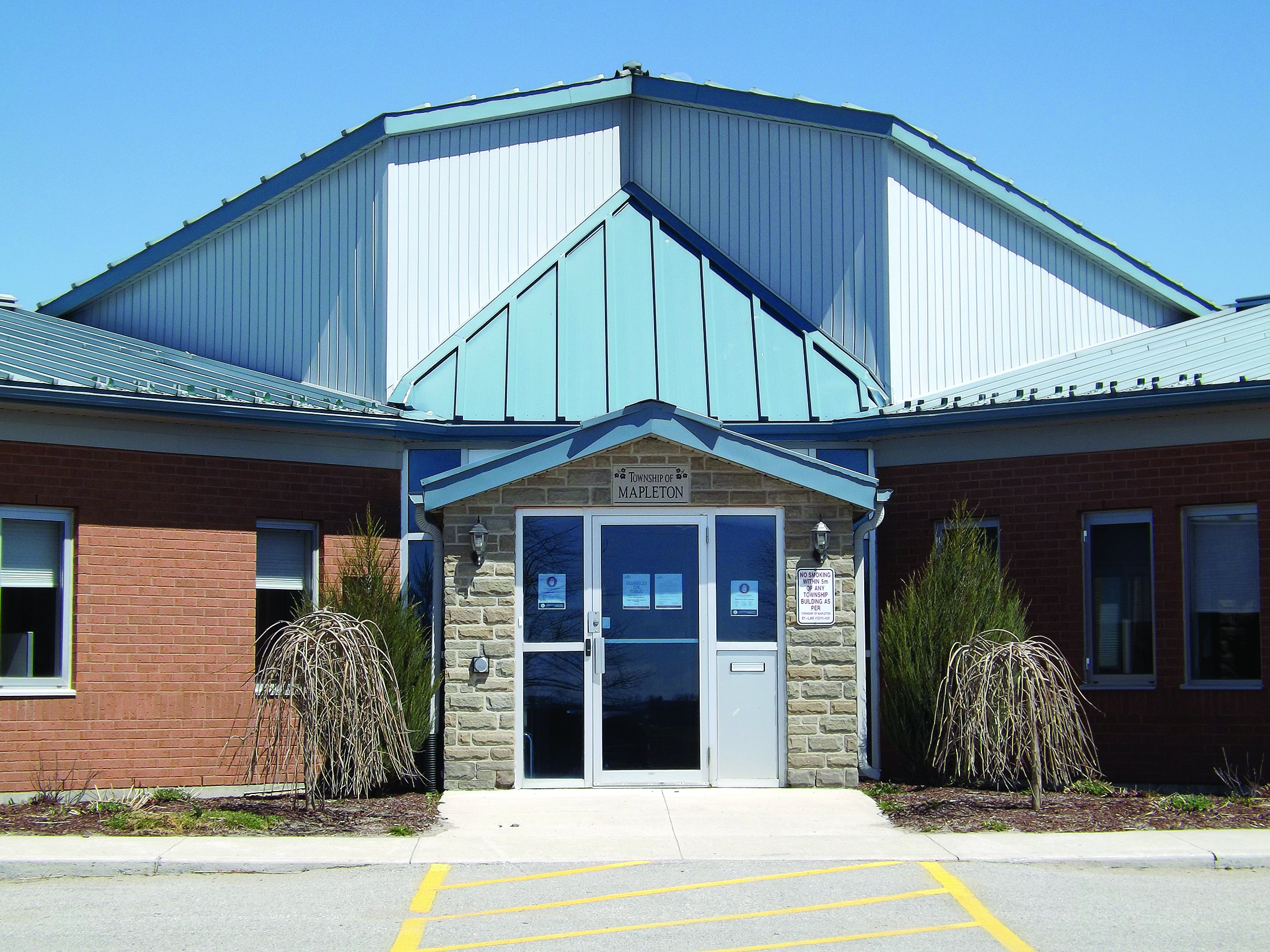MAPLETON – The Township of Mapleton is on track for a year-end deficit of more than $100,000, according to a first quarter operating budget variance report.
Based on the township’s financial position as of March 31, staff is projecting “a small year-end deficit” of $115,021, states a report from director of finance John Morrison presented at the May 12 council meeting.
“The township’s operations have been impacted by the COVID-19 pandemic.
“Seasonal needs also impact operating expenditures. Accordingly, revenue and associated expenditures are not linearly proportional.”
The report indicates general government is headed for a deficit position of $92,233.
Legal costs for the township’s water and wastewater RFP continue to accrue into the first quarter of 2020, the report notes. To the end of March, the township incurred $40,853 in legal expenses for the RFP.
“Assuming the RFP is quickly concluded, the projection for these legal costs corresponds to $62,955 of the deficit projection. Currently, the total actual dollar spent for the legal services stands at $310,557,” the report explains.
Also during the first quarter, the township’s policy for waiving all fees and charges for service organizations using recreational facilities took effect. The cost to the end of March was $4,275.
Assuming that restrictions from the COVID-19 pandemic are lifted by the third quarter, Morrison estimates the cost for waiving fees and charges for service organizations could amount to $12,825 in this fiscal year.
The township’s social and family services budget is currently in surplus as New Horizons provided $25,000 to fund a senior’s engagement program that is on hold due to the pandemic.
Revenue from recreation and cultural activities is down due to the pandemic. Staff projects that losses in this area could tally over $32,000.
“This loss is somewhat offset by internal recoveries of $12,825 – the waived fees and charges for service organizations,” Morrison notes.
The report indicates environmental services could be in either a surplus or deficit position by year-end.
“Council had approved a long-term plan for the water and wastewater rates should there be no successful proponent for the RFP being issued for the provision of water and wastewater services and incorporated that plan into the budget,” the report states.
“Given the delay in the RFP evaluation process council had been set to increase water and wastewater rates on April 1.
“However, with the onset of the COVID-19 pandemic council deferred the rate increase until July.”
The report explains this decision has reduced the revenue forecast by $79,933.
As an offset, the long-term plan also included provisions in the budget for a debenture charge of $125,200. This charge assumed that the utility ratepayer would pay the taxpayer for borrowed and needed funds for financing capital expenditures. The capital spending program could be delayed, the report explains.
Emergency relief measures for the COVID-19 pandemic provided for a 60-day deferral of interest and penalties for tax instalments and water and wastewater billings.
Over a five-month period the total cost for the interest and penalty deferral will result in at least $75,000 in foregone revenue.
The township’s reserve and reserve fund policy ensure that contributions from the operating budgets to reserves and reserve funds are transferred upon the approval of the budget.
The report, which was received by council as information, notes projections are subject to “significant refinements” as the fiscal year progresses.
Municipalities are forbidden under the Municipal Act from actually running deficits.
In an email to the Advertiser, Morrison explained that if the municipality is actually in a deficit by year-end, offsetting funds from the township’s Tax Rate Stabilization reserve would likely be transferred.
“Moving forward, depending on the severity and depth of that deficit, council would … direct staff in the following year to amend the township’s three-year operating budget by either increasing the levy requirements or cutting the expenditures,” Morrison explained.
“In the short-term, staff will continue to monitor and assess the financial impact of the COVID-19 pandemic.”




